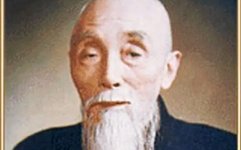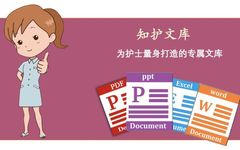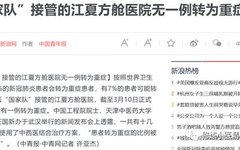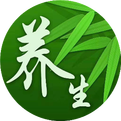Wind-Cold or Wind-Heat Cold: Symptoms of Colds in Newborns
Wind-Cold Cold (Feng Han Gan Mao) commonly occurs in cold seasons, such as winter, late autumn, and early spring, and is caused by the invasion of cold pathogens. Symptoms of Wind-Cold Cold include mild fever, severe chills, absence of sweating, headache, body aches, clear nasal discharge, cough, no redness or swelling in the throat, pale … Read more







